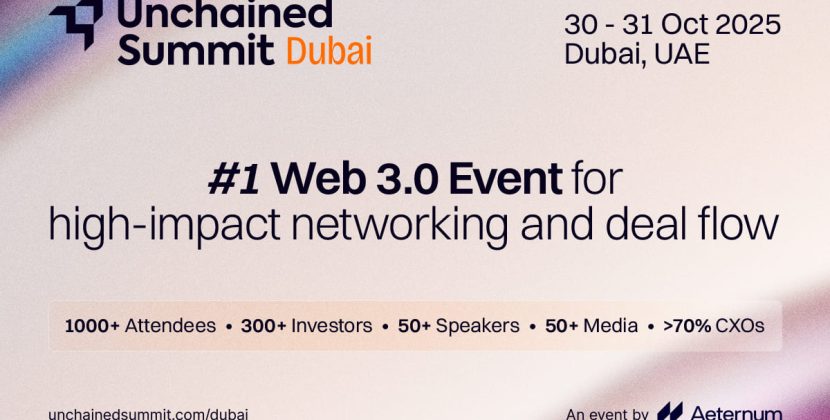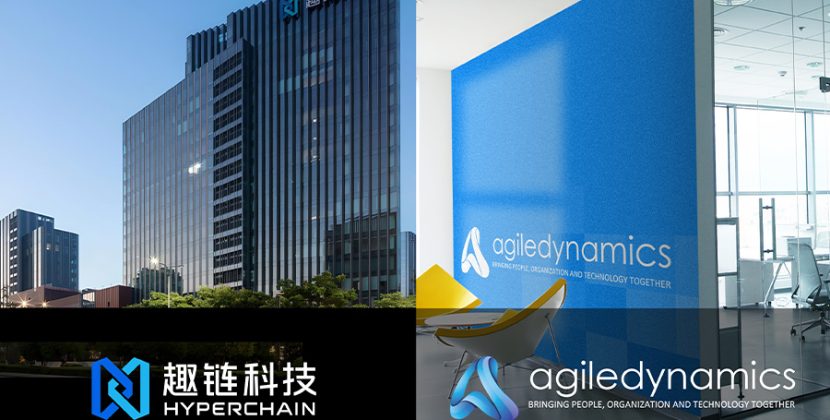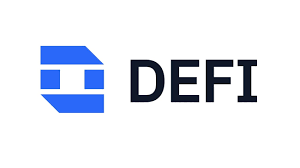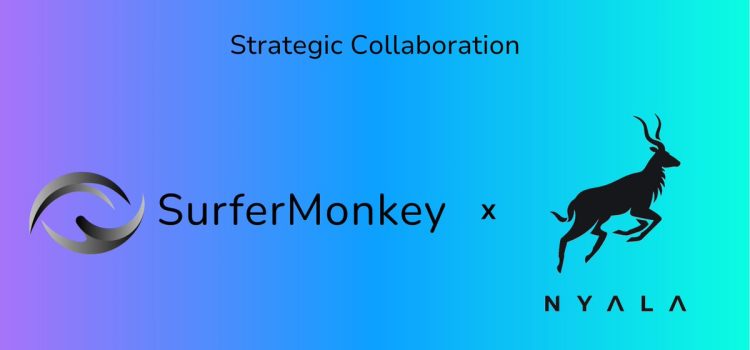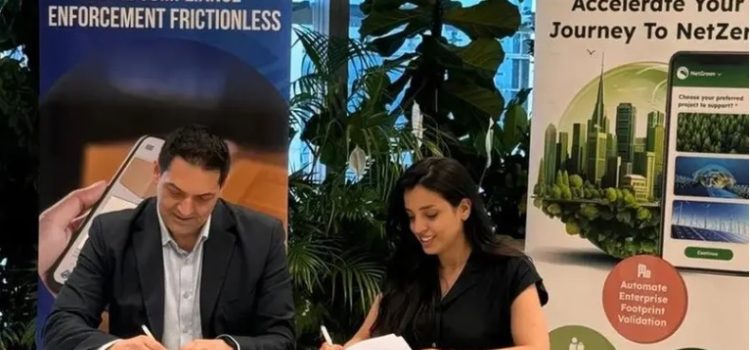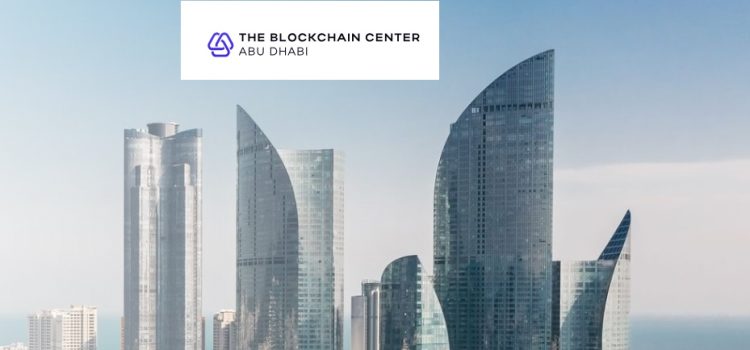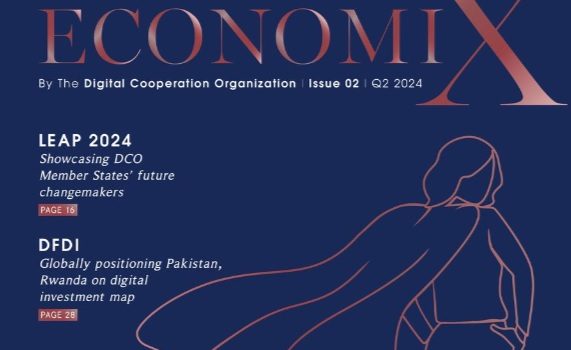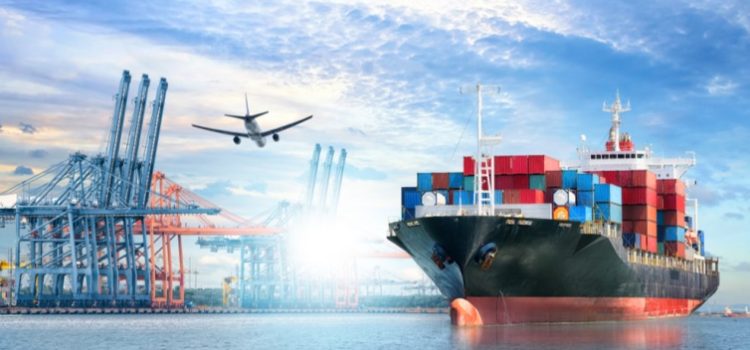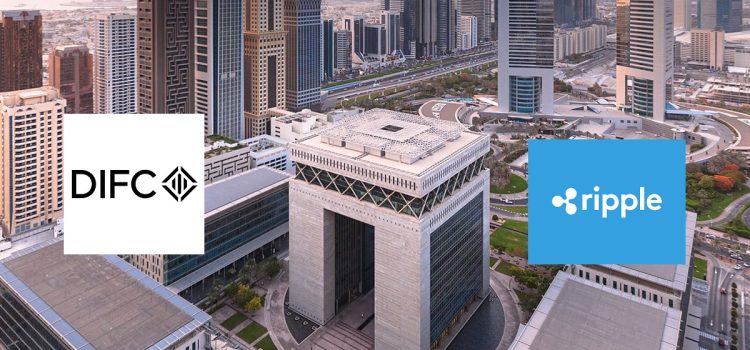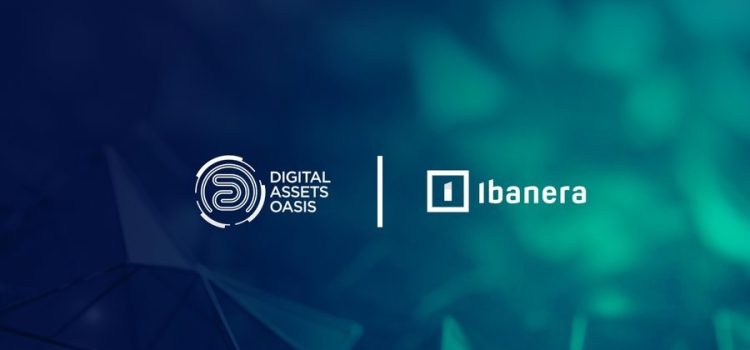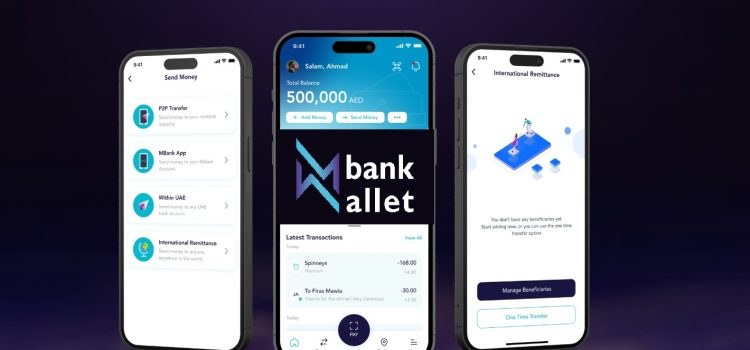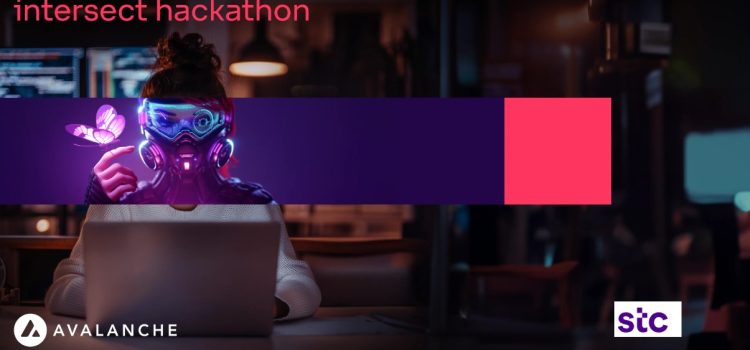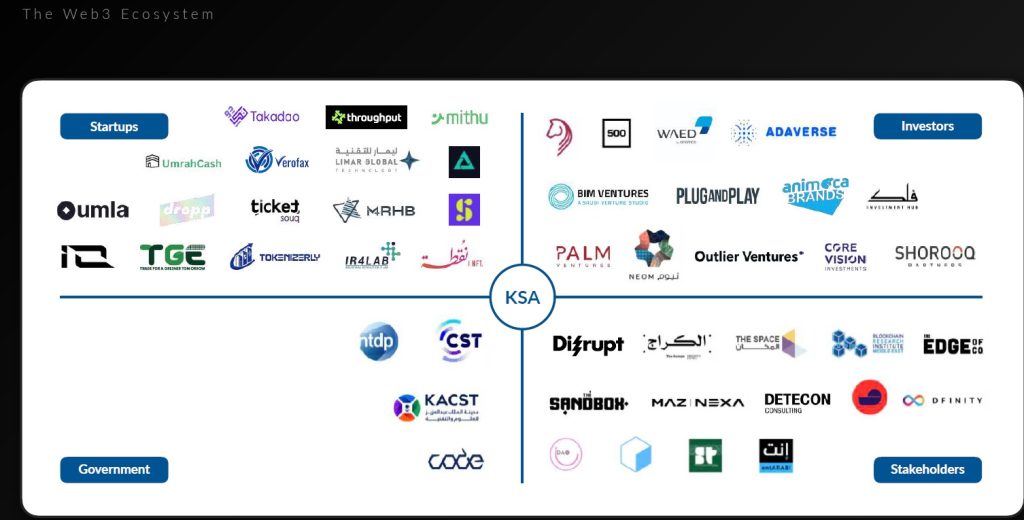Cardano Blockchain accelerator, Adaverse published its first Web3 ecosystem report for the Kingdom of Saudi Arabia showcasing growth, opportunities, as well as challenges. Since its inception, Adaverse has funded 54+ startups across Asia, the Middle East and Africa.
Web3 Growth
According to the Adaverse report, Saudi Arabia is well positioned to witness growth in the Web3 ecosystem. One of the main reasons is that is it the largest market in GCC with a youthful and tech savvy population. Already 63% of its 36 million residents are under 30, and 99% of Saudi residents are connected to the internet.
In addition, the ambitious Vision 2030 initiative further strengthens this by fostering a robust tech and innovation ecosystem. Saudi Arabia has also seen growth in funding for startups and Web3 ventures.
In 2024, according to Digital Digest, MENA based startups secured $429 million across 163 deals, with Saudi startups receiving 515 of the funding across 36.2% of the deals.
The Web3 startup ecosystems has four layers, the use case layer, the tooling and developer layer, the infrastructure layer, and the protocol layer.
According to the Adaverse report, the notable concentration in the user-facing application layer, indicates growing Saudi consumer interest in DeFi, GameFi, and SocialFi. Meanwhile, the scarcity of foundational infrastructure and protocol startups, presents a unique opportunity for entrepreneurs and investors to fill crucial ecosystem gaps.
Web3 startups in KSA includes names such as Umrah Cash, Verofax, TakaDAO, Ticket Souq, Dropp, TGE, MRHB, IR4LAB, Mithu, Nuqta, and others.
For example, Oumla, is a blockchain infrastructure provider that offers secure custody solutions and comprehensive infrastructure services for governments and businesses alike. With a suite of SDKs, Oumla enables developers to seamlessly build on various blockchains without the need to master blockchain.
Mohammed Aljasser, Founder and CEO of Oumla noted in the report, “Oumla’s journey began in 2022, when we laid the foundation for an exceptional blockchain infrastructure. In 2023, we officially launched our product, receiving overwhelmingly positive feedback from our customers. Building on this momentum, we are now preparing to introduce additional blockchain networks, along with a range of new features and products designed specifically for the MENA region.
He adds, “Notably, Saudi Arabia is making significant strides in embracing blockchain, evidenced by the burgeoning emergence of applications and experimental initiatives. It’s clear that blockchain is more than just a passing trend; it represents a seismic shift in digital infrastructure.”
According to him dealing with regulations has been one of the biggest hurdles in the blockchain world. But despite these challenges, he is convinced that blockchain is here to stay.
Another startup, Tharawat Green Exchange (TGE) is a blockchain-powered marketplace connecting carbon off setters with tree planting projects to achieve sustainability goals. TGE transparently tracks tree planting and maintenance, aiming to plant 10 million trees by 2030. This enhances Saudi Arabia’s Trade for a Greener Tomorrow green economy and supports local nurseries, ensuring transparency and security.
Opportunities
As per the report, key opportunities in Saudi’s Web3 space include fintech, where DeFi solutions promise enhanced financial transparency and efficiency. Blockchain integration in supply chain management, real estate, and digital identities offers transformative potential.
In addition to fintech, the entertainment and gaming sectors are also ripe for growth, with blockchain-based platforms opening new avenues for engagement and monetization.
Saudi Arabia is the largest gaming market in MENA with the gaming sector value proposed to reach $6 billion by 2027. MENA region contributes already 15% of the global gaming population.
In KSA, it is estimated that there are 21 million active gamers, constituting a remarkable 58% of the country’s population [22]. This substantial player base provides a strong foundation for the industry’s expansion.
Recognizing the potential of the gaming industry, Saudi Arabia established a comprehensive National Gaming and Esports Strategy (NGES). Aligned with broader economic objectives, the NGES aims to create 39,000 job opportunities and contribute $12 billion to the economy by 2030 [23].
However, despite this dominance, the adoption of Web3 gaming progresses at a measured pace. As per the Adaverse report, this gap presents a prime opportunity for young Saudi founders to lead the development of blockchain-based games and integrate advanced technologies such as NFTs, AI, and play-to-earn mechanisms into the existing Web2 gaming market.
The same goes for the Saudi Fintech sector which has attracted substantial funding, totalling $552 between 2020 and 2021.
The report also notes that the country’s tech landscape is uniquely characterized by its focus on recreational
and entertainment-based Web3 projects, particularly in gaming, NFTs, and GameFi, positioning Saudi Arabia as a regional hub for these emerging sectors.
The Challenges
According to the Adaverse report, regulatory uncertainty, the need for greater awareness and education around Web3 technologies and concerns about technological infrastructure and cybersecurity are key hurdles.
Future of Web3 in KSA
In conclusion the report recommends that for Saudi Arabia to fully realize its potential, it must address challenges, such as establishing regulatory clarity to create a stable business environment in the Web3 space.
Also, Saudi Arabia needs to overcome technical hurdles, such as improving user interfaces, which will be essential for enhancing adoption and user experience.
In conclusion, the report believes that by leveraging its favorable market conditions, government support, and growing investor interest, while addressing regulatory and technical challenges, the country can establish itself as a regional powerhouse in Web3 technologies. Nurturing local talent and fostering collaboration between stakeholders will be key to shaping the future of innovation and investment in Saudi Arabia’s Web3 sector.
